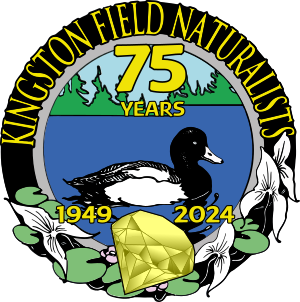The outbreak of Highly Pathogenic Avian Influenza in the Kingston region appears to be over for this season.
It began around January 31st, when numerous dead geese were reported at Lake Ontario Park and the Elevator Bay area. The Sandy Pines Wildlife Centre also received calls and distressed birds from Collins Bay, Bath, and Belleville.
Over that weekend, the Kingston Public Works Department removed approximately 100 dead geese from Lake Ontario Park and Elevator Bay. Another 50 carcasses were removed from the Investia property, and Sandy Pines received some 50 geese in distress which needed to be euthanized.
Some carcasses were sent to the Canadian Wildlife Health Co-operative for testing, which established that they were infected with the Highly Pathogenic Avian Influenza virus.
There were also several reports of gulls, crows and eagles feeding on carcasses, and it was very likely that these birds would become infected with HPAI. Experience with poultry indicated that the incubation period (between infection and manifestations of disease) varied between 2 days and 3 weeks, and death would then occur within a few hours to a few days.
In order to establish what was happening throughout the Kingston region, the Kingston Field Naturalists organized a “citizen science” survey. Members were asked to send in observations from sites they visited, reporting if they had seen dead geese or other birds, or whether there was the normal activity by birds.
The observations received covered an area from Bath to Howe Island. They established that although occasional carcasses were observed along the shore of Lake Ontario, there were no large outbreaks similar to that at Lake Ontario Park and Elevator Bay.
During February the number of dead geese being observed quickly reduced, but dead crows were being reported, and also a dead Bald Eagle.
By the beginning of March about twenty dead crows had been reported. Some of these carcasses were tested by the CWHC and found to be infected with HPAI.
In March the geese started moving north, and the crows dispersed from their roost in downtown Kingston. As the birds moved away, the risk of infection between them reduced.
At the beginning of April, the Sandy Pines Wildlife Centre had received no birds in distress for a week, and reports of dead birds had stopped coming in for the KFN survey.
According to the Canadian Wildlife Health Co-operative, the outbreak of HPAI at Lake Ontario Park and Elevator Bay was probably linked to the cold snap in January. This would have caused the geese to group together for warmth, so increasing transmission and a time when their resistance was also weakened. – The temperature in Kingston had reached +4.5 ° on January 13th, then dropped to -17.9 ° on January 20th. The dead geese started being reported eleven days later.
More information on the HPAI outbreak is available on the Kingston Field Naturalists website at https://kingstonfieldnaturalists.org/tag/avian-flu/ where the survey results were posted.
Chris Hargreaves (he/him)
Chair: Kingston Field Naturalists’ Conservation Committee
hargreavescp@sympatico.ca

